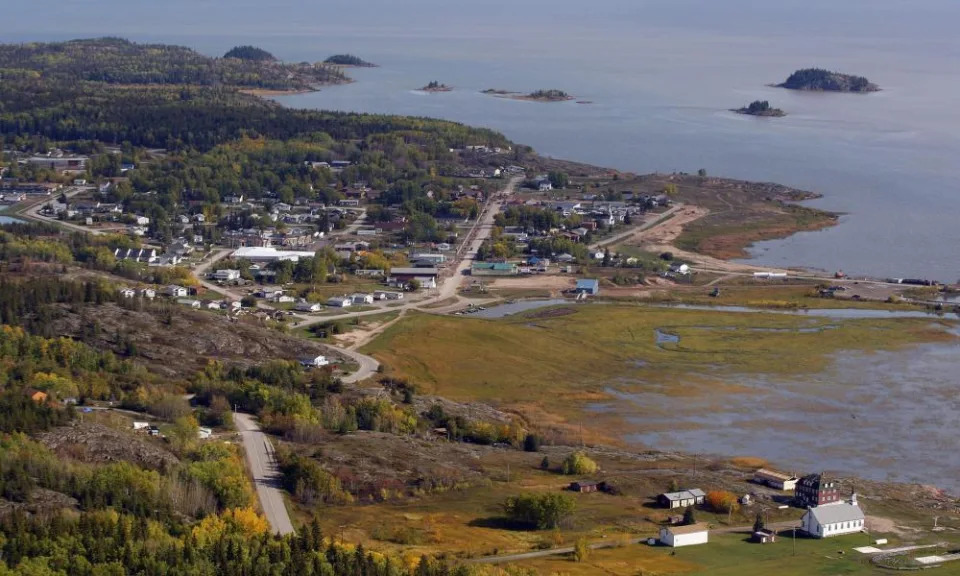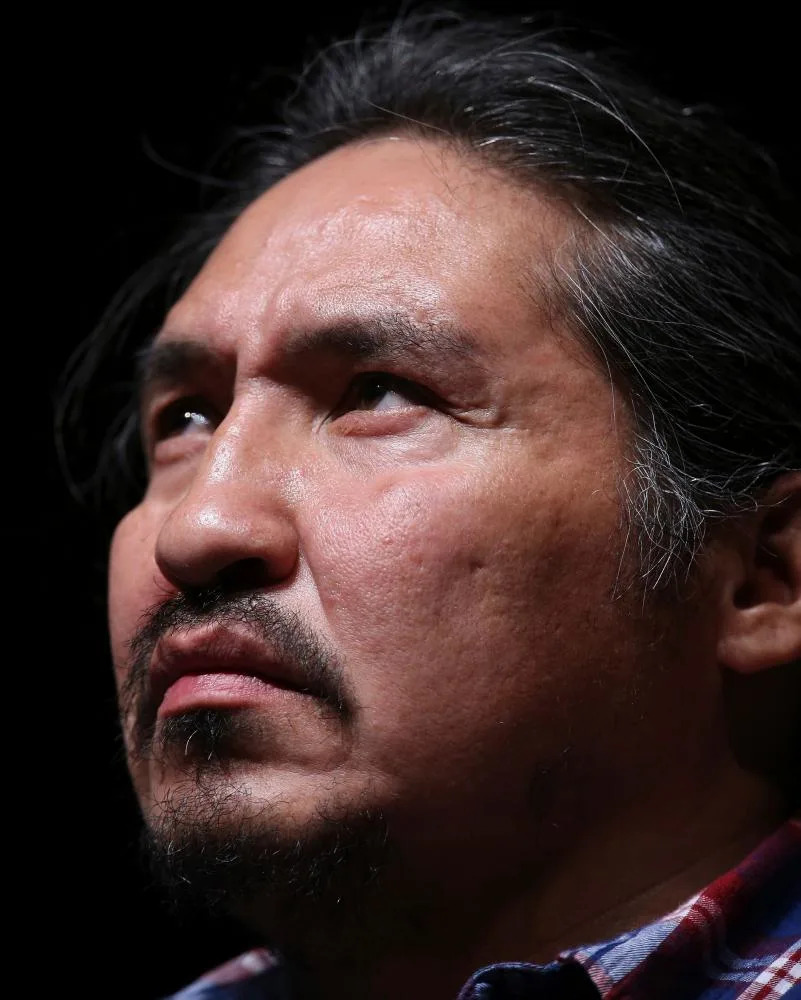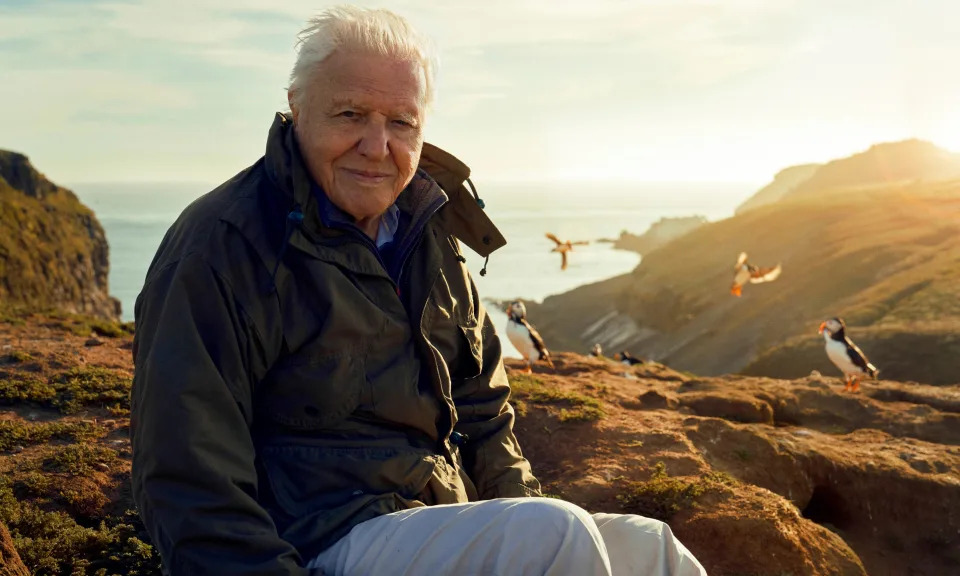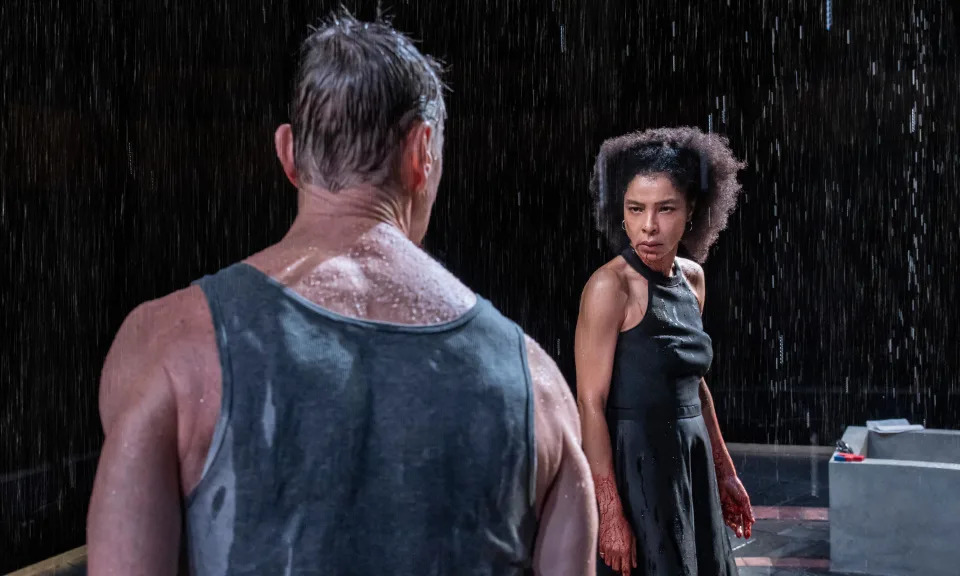French architect and left-wing activist Roland Castro dies aged 82
Jonny Walfisz
Fri, 10 March 2023

The French architect made his name through his design plans predicated on raising the standard of living for working class neighbourhoods and his involvement in the May 1968 Paris student protests.
Born Limoges in 1940, Castro's Jewish heritage meant he spent the first years of his life in hiding during the Vichy regime. Alongside his parents and sister, Casto took refuge in the Limousin hinterland, in Saint-Léonard-de-Noblat, where he was hidden by the Maquis, the communist resistance force.
His experience with the Maquis would define his worldview, believing he had “a debt of existence to France.”
“Architecture, the suburbs, the causes have never been lacking: everything has been a pretext for settling this debt,” he once said.
His ambition took him to the Paris Beaux-Arts architecture school in 1958 and joined the Union of Communist Students. Ever committed to his intellectual integrity, he was expelled from the union in 1965 for criticising Stalinism. In response, he embraced Maoism, as was popular in French communist circles at the time.
He became a leading figure in the anti-capitalism protests that erupted throughout France during May 1968 bringing the country to a standstill. Castro was involved in the student paper ‘Melp!’ which publicised the motivations behind the riots to the general public.
Castro became an architect and in 1983, and co-founded ‘Banlieues 89’ with his urbanist friend Michel Cantal-Dupart. Banlieues 89 was a vehicle for his political and architectural ideals with the mantra “to make a revolution in the suburbs.”

In 1983, President François Mitterrand (C) and architect Roland Castro (R) visit the new stock exchange building in Saint-Denis. - PIERRE GUILLAUD/AFP or licensors
The project was responsible for the renovation of Cité de la Caravelle in Villeneuve-la-Garenne and the housing estates in the Hauts-de-Seine. Castro also designed the Cité de la bande dessinée in Angoulême and the Bourse du Travail in Saint-Denis.
Roland Castro's buildings were often grafted onto existing constructions. He added asymmetrical lines, combining wood and concrete, and favoured white, adorned with plant facades.
More than 200 projects were submitted to Banlieues 89, but the operation faced financial reluctance from the French government, and the collective dissolved in 1991.
In 2017, Castro came out in support of President Emmanuel Macron.
The President responded to the architect's death on Twitter, writing: "Legend of architecture and urbanism, visionary left-wing activist, Roland Castro has left us. On our urban landscape, it bequeaths an indelible imprint. To the citizens, an inspiration. Goodbye and thank you, Roland."
Castro was a colourful figure of French intellectualism, donning a trademark pinstripe suit and socialising with Jean-Paul Sartre, Jacques Lacan (who psychoanalysed him for seven years), as well as meeting Che Guevera and Fidel Castro - no family relation.












